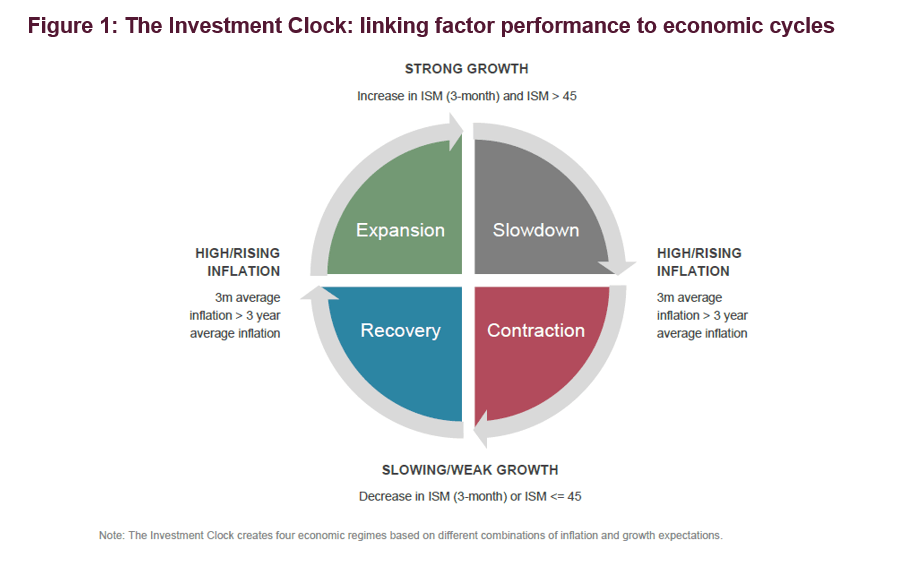Economic growth is a critical driver of the real estate sector, influencing property demand, investment patterns, and development trends. As economies expand, they create a ripple effect that stimulates the housing market, commercial real estate, and infrastructure projects. This article explores the intricate relationship between economic growth and the real estate industry, delving into key factors, opportunities, and challenges.
The Role of Economic Indicators

Economic growth is often measured using indicators such as GDP, employment rates, and income levels. These indicators directly impact real estate in various ways:
- Income Growth and Housing Demand: Rising income levels enhance purchasing power, enabling more people to buy homes. This creates a surge in demand for residential properties, including affordable housing, luxury villas, and mid-range apartments.
- Employment and Urbanisation: Economic expansion generates employment opportunities, attracting workers to urban areas. This urbanisation trend increases the need for residential housing and commercial spaces in cities.
- Infrastructure Development: Governments and private sectors often invest in infrastructure, such as roads, railways, and airports, to support economic growth. Improved connectivity boosts the attractiveness of real estate in previously underdeveloped areas.
Commercial Real Estate and Economic Growth
Economic growth stimulates the commercial real estate sector by fostering business expansion and entrepreneurship. Companies require office spaces, retail outlets, and warehouses to support their operations, creating a robust demand for commercial properties. Key trends include:
- Office Space Boom: Expanding industries like technology, finance, and healthcare fuel demand for modern office spaces equipped with state-of-the-art amenities.
- Retail Growth: Rising disposable incomes encourage consumer spending, leading to the development of shopping malls, retail parks, and high-street outlets.
- Logistics and Warehousing: The e-commerce boom, driven by economic growth, necessitates extensive logistics and warehousing facilities.
Real Estate as an Investment Asset
During periods of economic growth, real estate emerges as a preferred investment asset. Factors influencing this trend include:
- Capital Appreciation: Economic prosperity often leads to rising property values, making real estate a lucrative investment option.
- Rental Income: High employment rates and urban migration increase rental demand, ensuring steady income streams for property investors.
- Diversification and Stability: Real estate offers diversification for investors seeking stability during economic fluctuations.
Challenges in a Growing Economy
While economic growth presents opportunities, it also brings challenges for the real estate sector.
- Affordability Issues: Rapid price escalation can make properties unaffordable for middle- and lower-income groups, necessitating interventions like affordable housing schemes.
- Regulatory Hurdles: Navigating complex regulations and obtaining necessary approvals can delay real estate projects, impacting growth potential.
- Environmental Concerns: Expanding urbanisation can strain natural resources and disrupt ecosystems, emphasising the need for sustainable development practices.
Technological Advancements and Real Estate
Economic growth fosters innovation, and the real estate sector benefits from technological advancements. Smart homes, proptech platforms, and green building technologies are transforming the way properties are developed, bought, and sold. These innovations improve efficiency, enhance user experiences, and promote sustainable practices.
Case Studies: Real Estate in Growing Economies
- India: India’s rapid economic growth has catalysed a thriving real estate market. Urbanisation, a growing middle class, and infrastructure projects like Smart Cities have boosted residential and commercial property demand.
- United States: The U.S. real estate market demonstrates resilience during economic expansions with rising home prices and strong rental markets in urban centres.
- China: China’s economic transformation has fuelled unprecedented growth in real estate, characterised by large-scale urban development and mega infrastructure projects.
The Way Forward
To sustain the positive impact of economic growth on real estate, stakeholders must adopt forward-thinking strategies:
- Policy Support: Governments should implement policies that promote affordable housing, streamline regulations, and incentivize green construction.
- Sustainable Practices: Developers should prioritize eco-friendly designs and renewable energy solutions to address environmental concerns.
- Technology Integration: Leveraging technology in construction, property management, and sales can enhance efficiency and customer satisfaction.
Conclusion
Economic growth and real estate are deeply interconnected, each driving the other in a symbiotic relationship. As economies expand, they create opportunities for housing, commercial spaces, and infrastructure, fuelling the real estate sector. However, addressing challenges like affordability, sustainability, and regulatory complexities is essential to harnessing the full potential of this dynamic interplay. With strategic planning and innovation, the real estate industry can continue to thrive as a cornerstone of economic progress.

